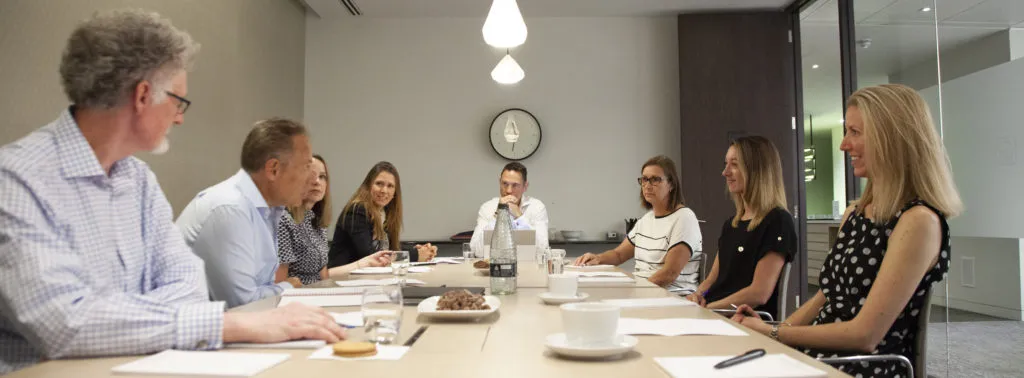I have often heard business people saying ‘I hope I never have to use a lawyer…!’, but the unfortunate reality is that when commercial disputes arise, they cost money, are likely to disrupt your business, take up valuable resource and time, add pressure to your management team and may even damage your reputation. They have to be dealt with if they arise, but are to be avoided if at all possible.
The best way to do this is to try to prevent them from happening in the first place. This means sourcing suppliers carefully and vetting clients before agreeing to work with them, as well as drawing up agreements that protect you properly and reflect the understanding of the parties.
It’s important to seek advice on your legal position at this point and to instruct a lawyer to draw up any paperwork or review agreements sent to you for signature by the other party.
It’s important that you can call on a lawyer you can trust implicitly. While, for example, a contract that has been drawn up by the other party may be valid enough, it may not necessarily reflect your best interests and could become damaging if things go wrong. This is the time to seek answers to the important questions that we get constantly asked, such as:
- What is the difference between best and reasonable endeavours and how does this affect me?
- Is time of the essence good or bad?
- I have been asked to give a personal guarantee – what does this involve?
- The other side has excluded liability for everything – is this effective?
Your lawyer should be able to explain any issues to you clearly, concisely and without jargon, advise on the best course of action and then help you move things forward quickly.
Every month we aim to focus on a business issue of interest to our clients and readers. If you have any comments or suggestions on this or future newsletters, email us at [email protected].


